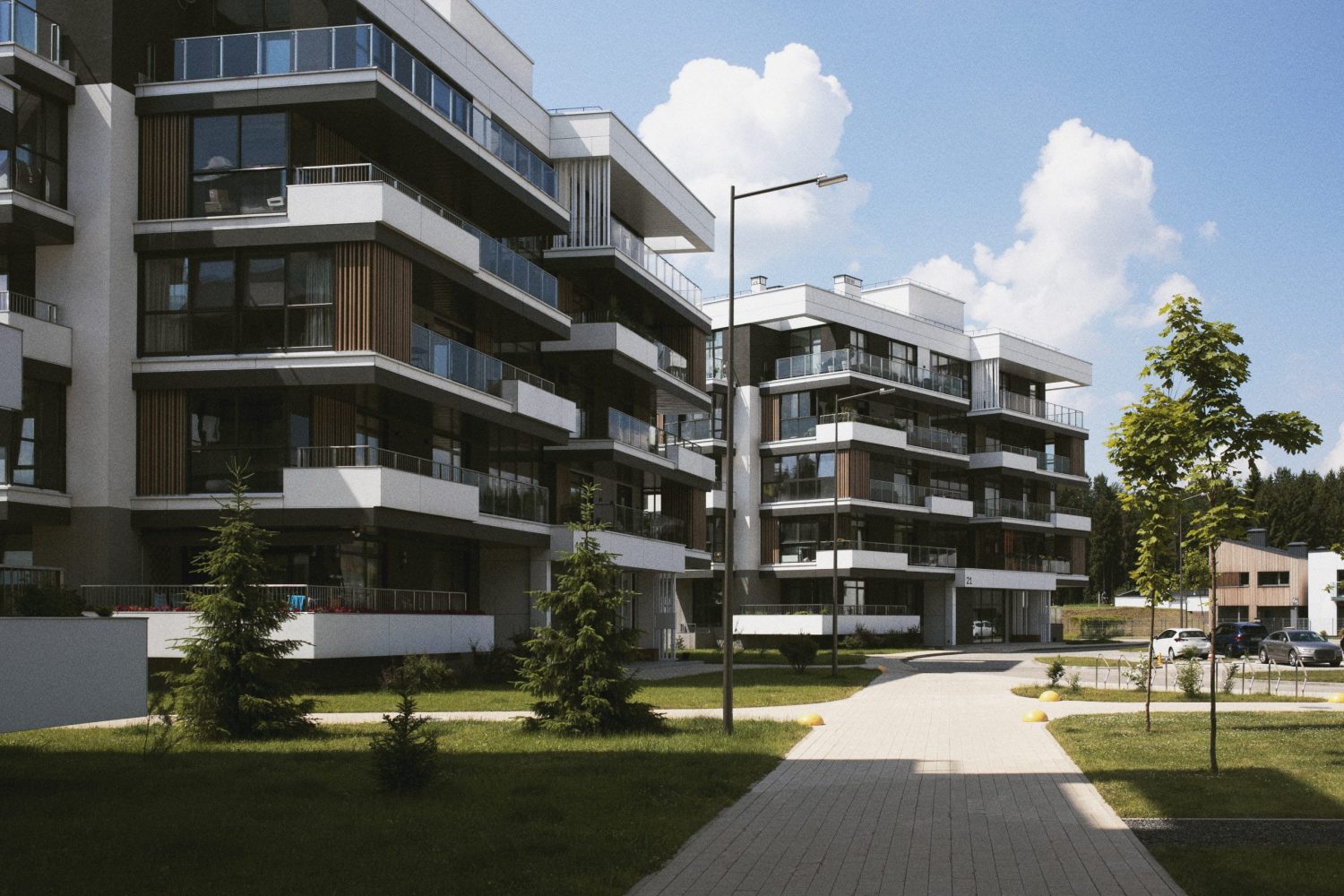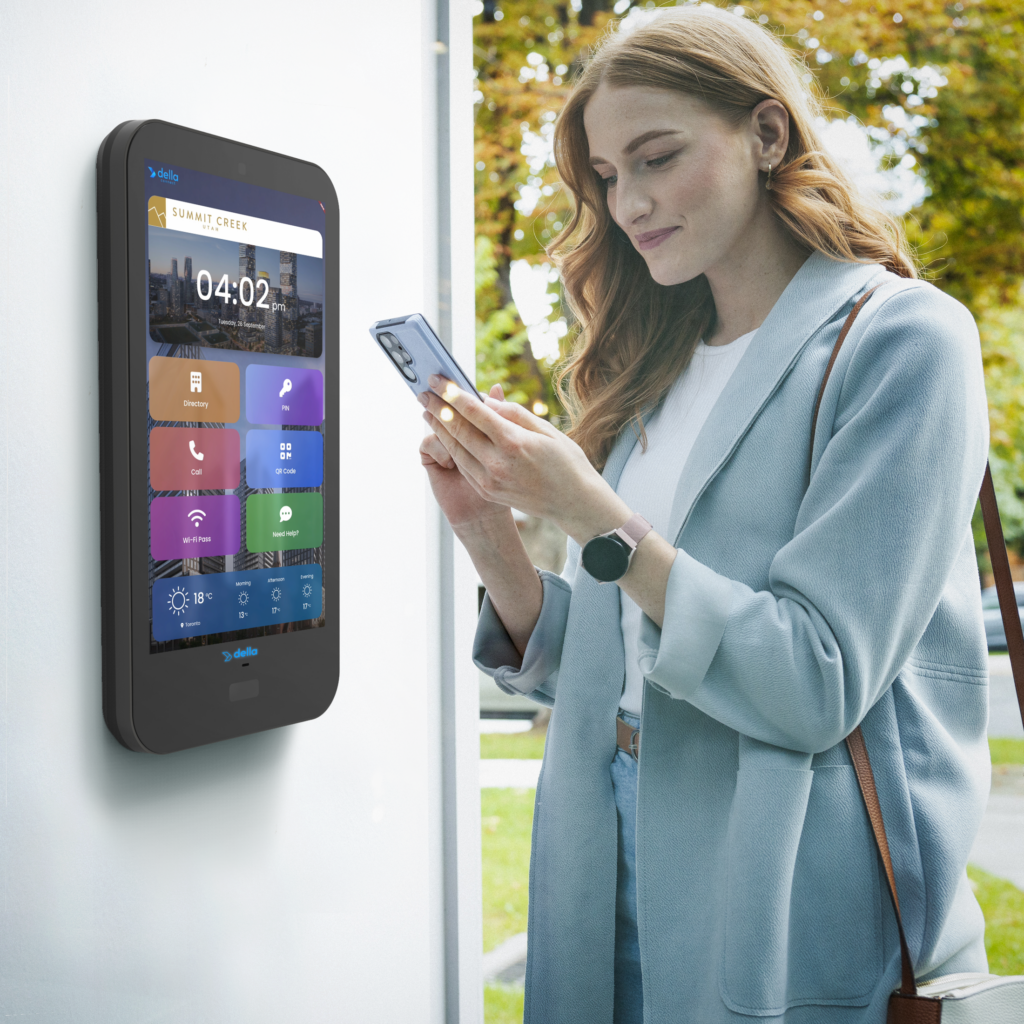- Sales: +1 385 334 4390Support: +1 801 396 2521

Should Hotel Lobbies and Hallways Have Security Cameras?
23 June 20227 Ways to Make Your Hotel More Secure
30 June 2022Guest WiFi networks lower security concerns and allow you to customize internet settings without disrupting your primary network. However, these networks might bog down your internet depending on usage, so it’s crucial to allocate enough bandwidth to prevent speed issues and complaints from guests.
According to an article in USA Today, good bandwidth for WiFi guest networks is at least 25 Mbps. This is common for both residential and commercial networks, and it’s typically enough for social media, general browsing, and streaming.
As video quality gets better and apps become more sophisticated, bandwidth requirements increase over time. Below, I’ll give you some tips to estimate your bandwidth needs so you can create a positive experience for your guests.
What Does It Mean To Have Good Bandwidth?
Bandwidth is typically measured in bps (bits per second). The number of bits tells you how much data you can transmit over a given period. Good bandwidth ensures that the network can handle whatever your guests intend to use the internet for.
Having good bandwidth means uninterrupted internet for the people on your network. Different internet activities have different bandwidth requirements. If a guest is transmitting more data than the network can handle, they may experience speed issues or an inability to load the given activity.
How To Calculate Your Bandwidth Requirements
Other people’s optimal bandwidth requirements may differ from yours. That’s why it’s essential to do your own bandwidth requirement calculations instead of relying on arbitrary numbers. When calculating bandwidth requirements, you must consider several factors such as:
- The number of connected devices. The more devices connected to the guest WiFi network, the faster you’ll reach the bandwidth limit.
- Anticipated internet activities. Knowing how your guests will use the WiFi helps you establish an appropriate bandwidth. For example, streaming HD videos eats up more bandwidth than sending an email.
- The number of users. More people using the WiFi means more connected devices. The number quickly increases if the guests have multiple devices.
- Background applications. Some applications — like cloud storage and antivirus software — run in the background of your device and quietly eat up bandwidth. While these can be turned off, they might bump up bandwidth requirements when active.
If you’re creating a guest WiFi network for the occasional guest that visits your home, your bandwidth requirements will be lower. However, if your guest network needs to support several guests at a time, you may need a connection with a higher capacity. If several guests are using the internet in various ways simultaneously, it quickly uses up the available bandwidth.
Typical Bandwidth Requirements for Various Activities
To get a better sense of what you need, the Federal Communications Commission (FCC) offers guidelines that break down broadband speed requirements for various online activities.
Generally speaking, 25 Mbps should allow you to do all of the following.
- General web browsing
- Social media and emails
- Video calls
- Streaming, including HD streaming
3 to 8 Mbps is a minimum requirement for many of these tasks, and it’s often recommended to have more than the minimum.
Other activities might require bandwidths of 25 Mbps or more, including:
- 4K streaming
- Heavy online gaming
- Multiple devices streaming high-quality video
- Multiple devices performing basic tasks at the same time
When calculating bandwidth, it’s essential to consider the combined internet usage at a given time. For example, sending emails may only demand 1 to 2 Mbps, but if four devices are sending emails at once, that’s potentially 8 Mbps of data being transmitted at one time.
Bandwidth: Upload vs. Download
Bandwidth and internet speeds are displayed with rates for both upload and download. An upload speed tells you how much data you can send out over a period of time. On the other hand, download speeds indicate how much data you can pull from the internet over a given amount of time.
If your guests are more likely to download information (such as streaming, web browsing, or gaming), you’ll want to focus more on the download speed. However, if your guests are more likely to upload information (such as sending emails, video calls, or sending files).
In some cases, your guests may need good speeds to upload and download information.
Accurately Controlling Bandwidth for WiFi Guest Networks
It’s crucial to accurately determine the amount of bandwidth required for a given guest network. Allocating too much bandwidth to guest networks might hurt the performance of the primary network. In most cases, you’ll be able to control bandwidth on the guest’s WiFi so that you are only sharing a portion of your internet connection as opposed to the whole thing.
When To Limit Your Guest Network
You could also limit your guest’s WiFi network if you don’t want them using your internet in specific ways. This is especially important if your guests are people you don’t know or trust. Guests that abuse the network by downloading huge files or participating in questionable activities hurt your internet performance and could potentially get you into trouble.
Therefore, limiting your guests’ networks ensures that you maintain a stable connection and won’t need to worry about what your guests are doing with your internet.
Conclusion
Ultimately, the bandwidth necessary for a given guest WiFi network depends on several factors, including the intended uses and the number of devices expected to be on the network.
In most cases, bandwidth minimum requirements of 25 to 50 Mbps are recommended for typical guest use.
If you don’t want your guests to have that much internet power, you can always limit their networks. Doing so ensures you’re less likely to run into internet problems yourself.
Looking for a simple solution for setting up a reliable WiFi network for your business? Let Groove Technology Solutions lend a hand! With a variety of technology-based services, we happily serve those businesses nationwide. Contact us today to get more information!
Sources


Explore Our Industries and Services in Detail
Discover how our all-in-one technology solutions and systems integrations can improve your guest and resident experience.



